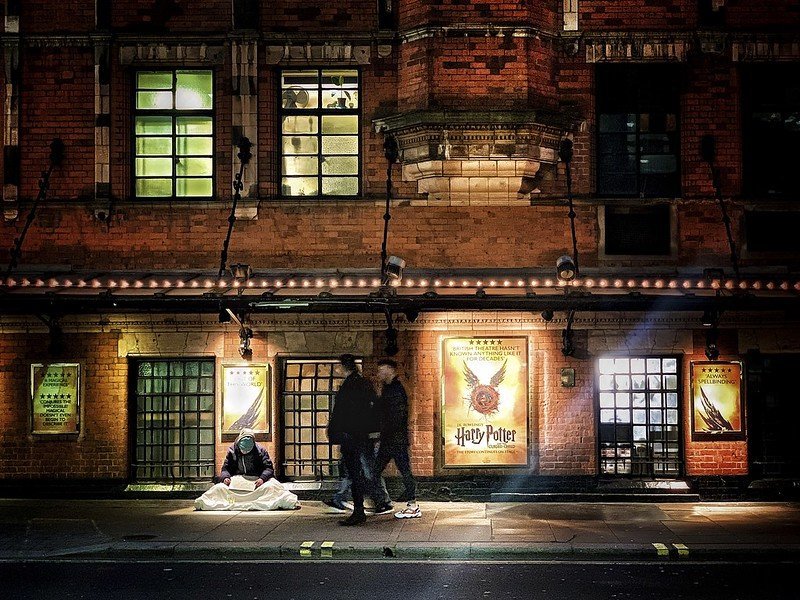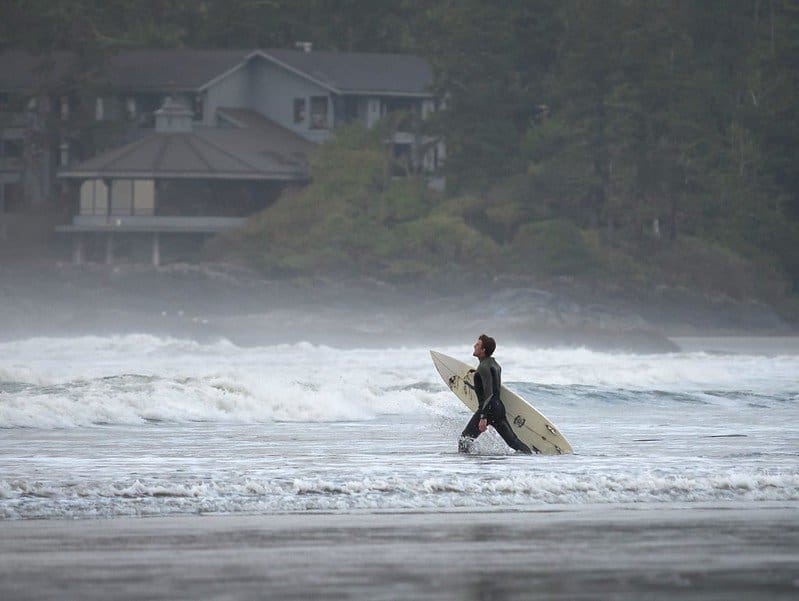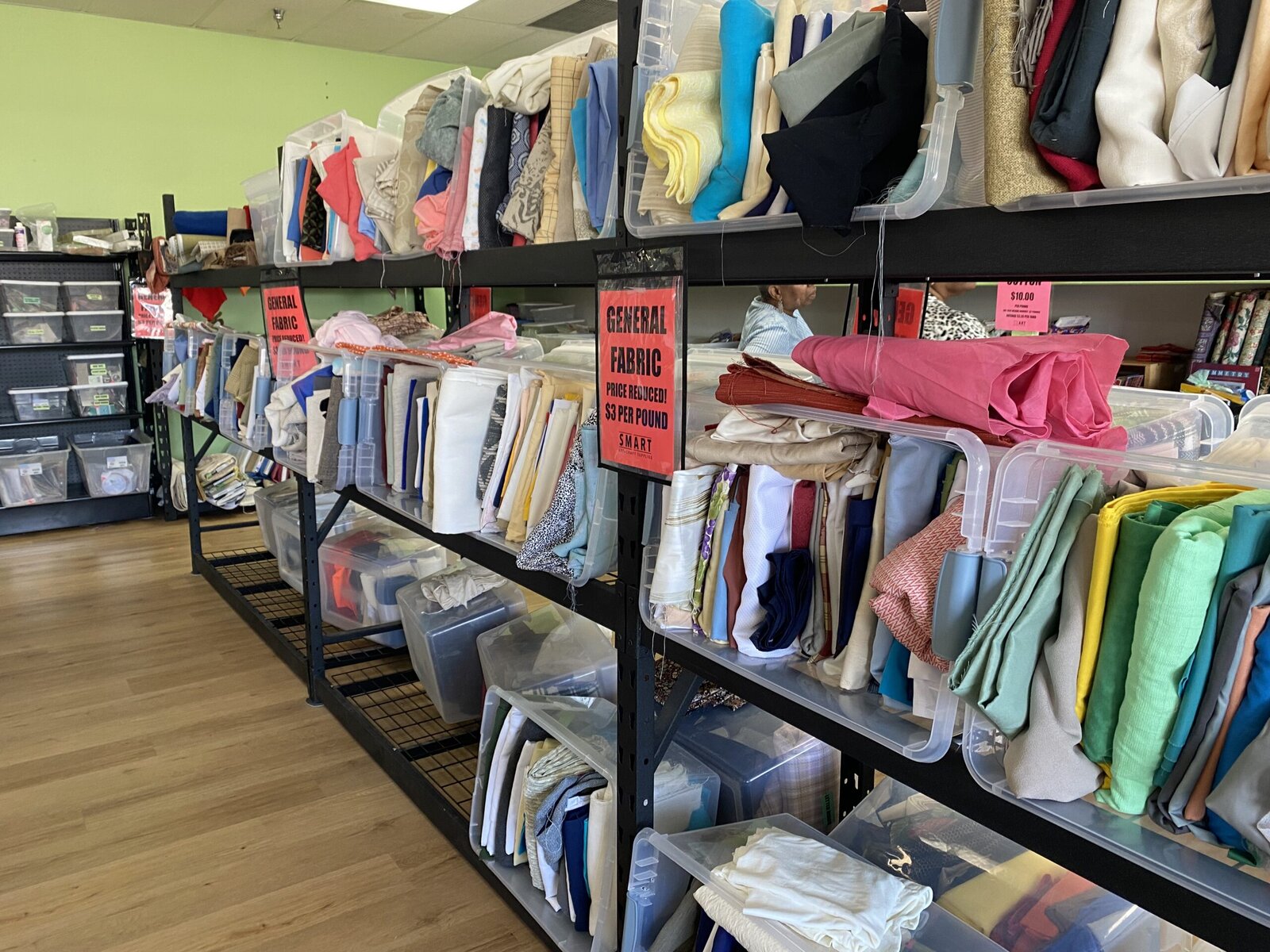Here are three great stories we found on the internet this week.
Room service
The U.K. is aiming to eliminate homelessness (at least temporarily) to slow the spread of the coronavirus, in part, by putting up 5,400 people in hotels. The Guardian takes a tour of such a hotel in London and finds a highly functional community that shows how housing people can help them get their lives on track.
The hotel provides all the perks it would to paying guests: room tidying (the chambermaids wear masks and gloves), a reception desk (keycards float in a bowl of sanitizer), even a daily newspaper left at each door. Plus, a few unconventional services, including substance use and mental health counseling, and help finding a family doctor. One nurse working at the hotel describes it as “a very interesting social experiment… If you give people what they want, they tend to take the sensible decisions.”

Though homelessness in the U.K. is rising along with unemployment, the government claims to have found housing for 90 percent of the people who need it during the crisis. “People say it’s not possible to end rough sleeping, but we’ve always maintained that it is, with the right attitude and money,” said one advocate.
Survival gear
Personal protective equipment like medical masks and gloves is designed to be thrown away after one use, a disposable-focused system that has contributed to shortages. Now, in British Columbia, home to well-known outerwear brands like Arc’teryx, a handful of companies normally associated with REI are delving into PPE.

“We quickly realized these guys don’t have the best stuff,” said a manager at Mustang Survival, a Canadian outerwear company. “Everything seems so stale, like there’s been no innovation in the medical field.” Now Mustang is prototyping items like Gore-Tex hospital gowns with design elements used in surfer drysuits. Other outerwear companies are working on better-fitting gloves and more breathable N95 masks.
Health Canada is fast-tracking approvals for new equipment to be used in medical settings, though it could still be months before these designs show up in hospitals. Even so, “If another crisis hits, they have the capability to retool and respond faster,” said the director of one design lab. “We won’t be as dependent on the rest of the world for the products that we need.”
Free delivery
In many Appalachian communities, school-lunch programs feed entire families, as cafeterias send kids home to their parents with extra cans of soup and boxes of pasta. This system feeds thousands — in Ohio alone, 50 percent of Appalachian families rely on it, making school closures a hunger issue as well as an educational one.
Weighed down by negative news?
Our smart, bright, weekly newsletter is the uplift you’ve been looking for.How to keep the food flowing? In some communities, the solution has been to maintain school bus routes during the closures, with drivers dropping off meals at homes where they would normally drop off kids. In Ohio’s Kanawha County, school buses are providing 12,500 weekly meals “delivered to every bus stop along our normal routes,” according to a school district official.
Often these meals are left on front porches, reminiscent of what’s known in Appalachia as the “porch network,” an informal system in which neighbors drop off and pick up goods from each other’s front stoops: tools, ingredients, medicines and second-hand clothes can often be found sitting on Appalachian porches, offerings from people who no longer need them to strangers who might. “The way we figure it, if we go through the end of [the month], we’ll deliver almost a million meals,” said one of the bus drivers.










